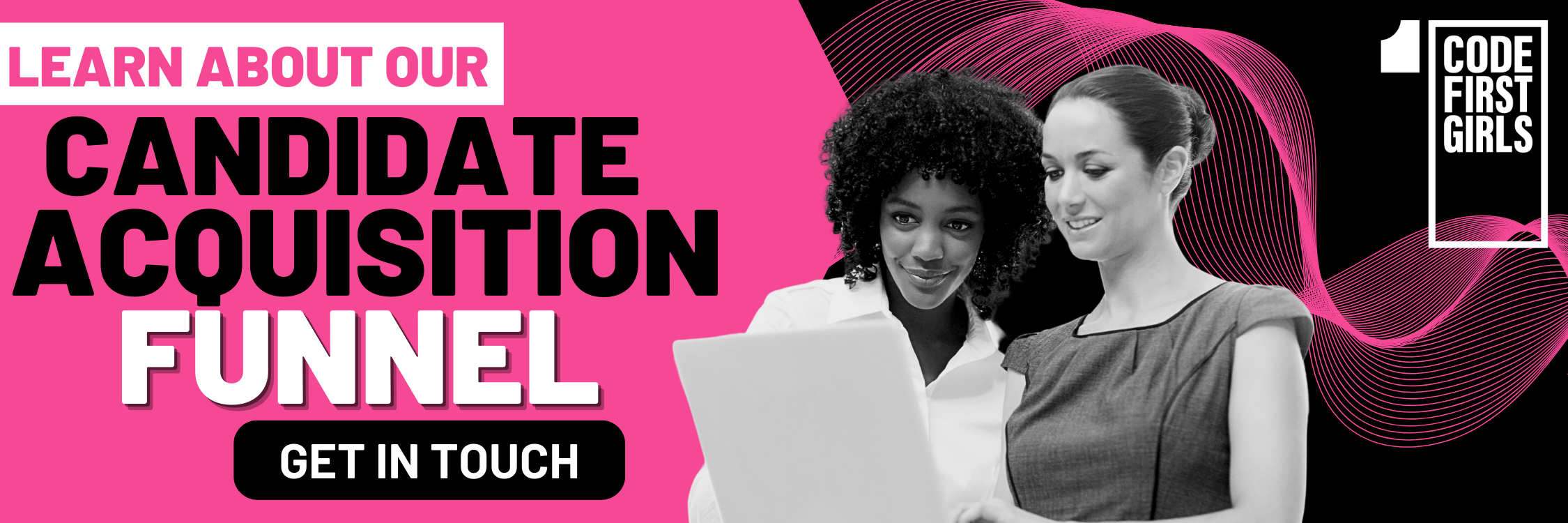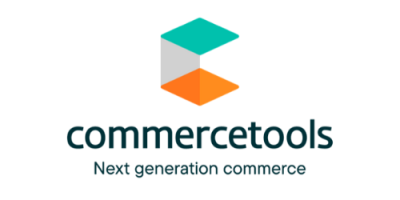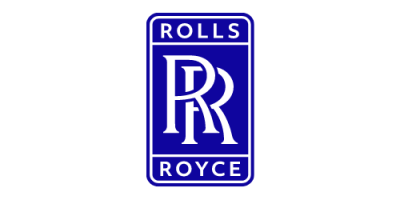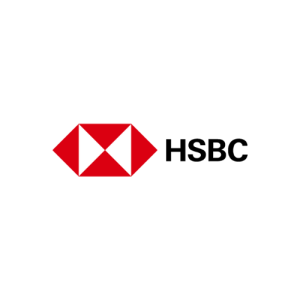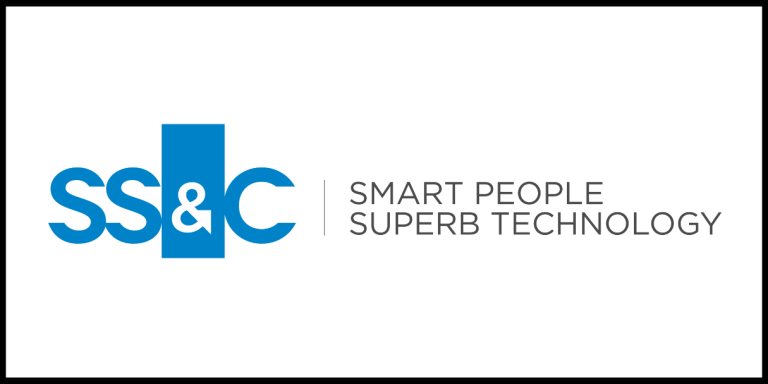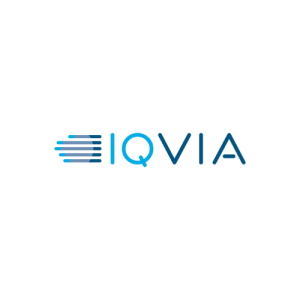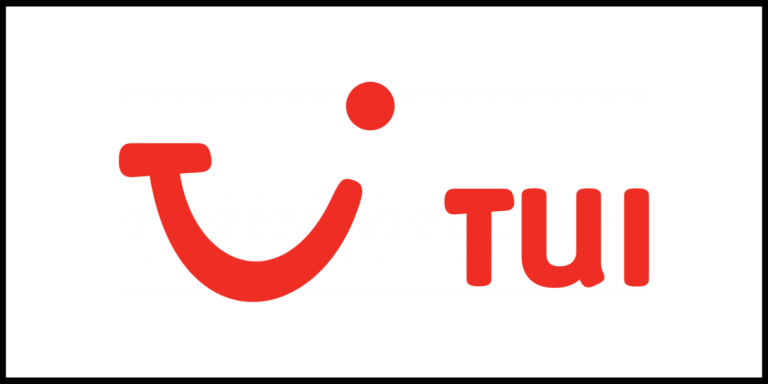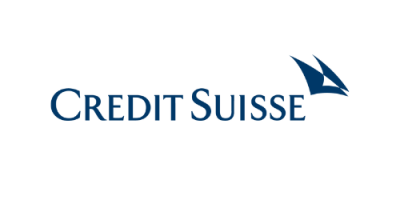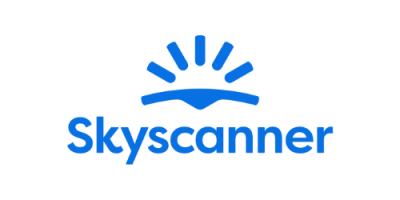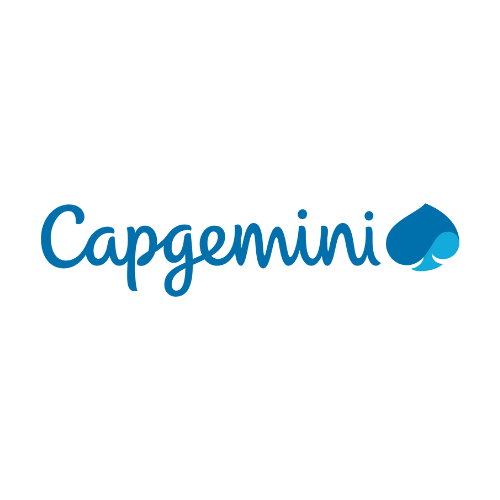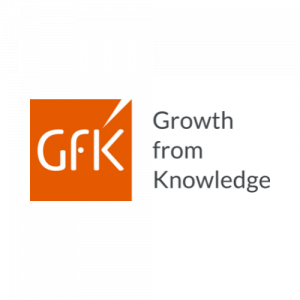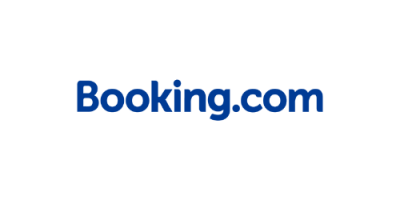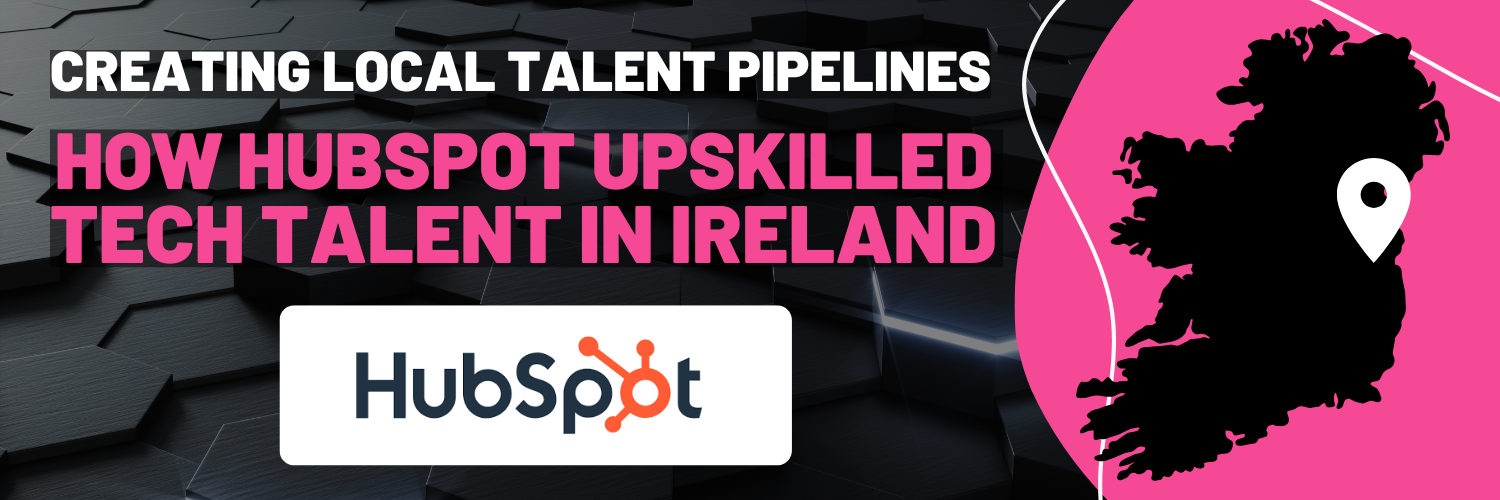
Content Menu
HubSpot upskills the next gen of tech talent in Ireland
In today’s fast-paced digital economy, securing skilled, diverse tech talent in Ireland is more challenging than ever. Despite being home to many of the world’s leading tech companies, Ireland continues to face a shortage of graduates in technology-related fields, especially women. To address this challenge, HubSpot partnered with Code First Girls to co-create a solution that would expand the pipeline of women in tech, offer practical training, and connect learners with real career opportunities. Through this partnership, HubSpot and Code First Girls tackled the barriers to entry, equipped women with remote-ready skills, and helped build a stronger, more inclusive base of tech talent in Ireland.
The problem
Despite being home to 22 world-class universities, Ireland produced just 12,450 graduates in high-level ICT skills areas in 2022, creating a limited talent pool amid intense demand. HubSpot partnered with Code First Girls to help address this gap by upskilling women in Dublin with in-demand coding skills. The initiative aimed to overcome key talent challenges: competing in a saturated job market for local tech graduates, attracting diverse candidates equipped with both technical and soft skills suited to a hybrid work environment, and raising awareness of HubSpot’s employer brand among a new, more inclusive talent pool.
The solution
1. Upskilling non-STEM graduates
With 94% of technology employers in Ireland citing skills shortages as the primary barrier to growth, and only 19% of STEM students in 2021 being women, HubSpot recognised a clear need for new approaches to talent development. Through our partnership, HubSpot sponsored flexible web development classes and opened them to women studying any subject, including non-STEM fields, at Irish universities such as University College Dublin. These accessible courses were designed to fit around students’ schedules, allowing HubSpot to engage a pipeline of soon-to-graduate talent.
This approach unlocked new talent pools for HubSpot, with 63% of students coming from a non-computer science background and 58% from underrepresented groups. By removing financial and educational barriers, the initiative helped spark interest in tech careers among women who may not have otherwise considered the field.
2. Building remote ready skills
Regongising the shift to remote-first across the tech sector, HubSpot understood that more than just technical skill was needed to thrive in this environment. Their sponsored Kickstarter classes helped build a pipeline of candidates equipped not only with technical skills but also with the soft skills essential for remote collaboration. CFG classes are designed to simulate real-world remote working environments, requiring students to complete group projects online, build websites from scratch, and present their work to the entire class. This curriculum and structure ensures they’re ready to thrive in a flexible, digital-first workplace.
3. Enhancing employer visibility and engagement
Employees hired through a positive candidate experience are 38% more likely to accept a job offer, making it essential for companies to create a strong and engaging hiring journey. With this in mind, HubSpot employees volunteered as instructors and career speakers, sharing insights and building authentic relationships with students. This engagement allowed HubSpot to connect with learners early in their journey and raise awareness of opportunities within the company. Each class introduced up to 45 potential future hires to the company’s culture and values, and played a critical role in positioning HubSpot as an employer of choice for emerging tech talent in Ireland.
The results
We spoke with Holly Dean, Technical Recruiter at HubSpot, to hear how sponsoring women through our web development classes helped HubSpot solve their talent challenges in Dublin.
Unlocked talent from diverse backgrounds
Holly told us that “One of our biggest successes from sponsoring Code First Girls classes was that we were able to upskill 63% of students from a non-computer science background and also 58% from underrepresented groups.”
This accomplishment holds particular significance in a region like Ireland, where the competition for tech talent is fierce. The ability to upskill women from non-technical backgrounds enabled HubSpot to unlock a previously untapped talent pool, giving them a substantial competitive edge over other tech employers in the region.
Provided high quality online classes
“The content of the classes was absolutely amazing, with crystal-clear, straightforward instructions that our HubSpot instructors could easily follow and deliver an outstanding experience for our class participants.”
Code First Girls has a strong reputation for providing high-quality online training, with 94% of alumni saying they would recommend the program to others. A cohort-based program like our Kickstarter classes can deliver better outcomes for participants due to its sense of community, opportunities for interaction and collaboration, personalised coaching, and long-term support. These factors help participants feel more connected, motivated, and supported as they work towards their goals, which can increase their chances of success.
Created volunteering opportunities for existing employees
“It was a great learning opportunity for our HubSpotters to teach these courses and speak directly to the community.”
HubSpot employees were given the chance to teach their web development classes as part of their eight hours of annual volunteering hours. The result was an increase in employee engagement with local talent, with HubSpot planting the seeds for a positive candidate experience before a candidate even heard about their live job roles.


Through its partnership with Code First Girls, HubSpot has demonstrated how companies can play an active role in shaping the future of tech talent in Ireland. By investing in inclusive education, promoting remote-ready skills, and engaging directly with learners, the company not only addressed a key recruitment challenge but also built a stronger, more representative workforce. As the demand for digital skills continues to rise, this model offers a roadmap to building diverse alternative tech talent pipelines, right where you need them.

